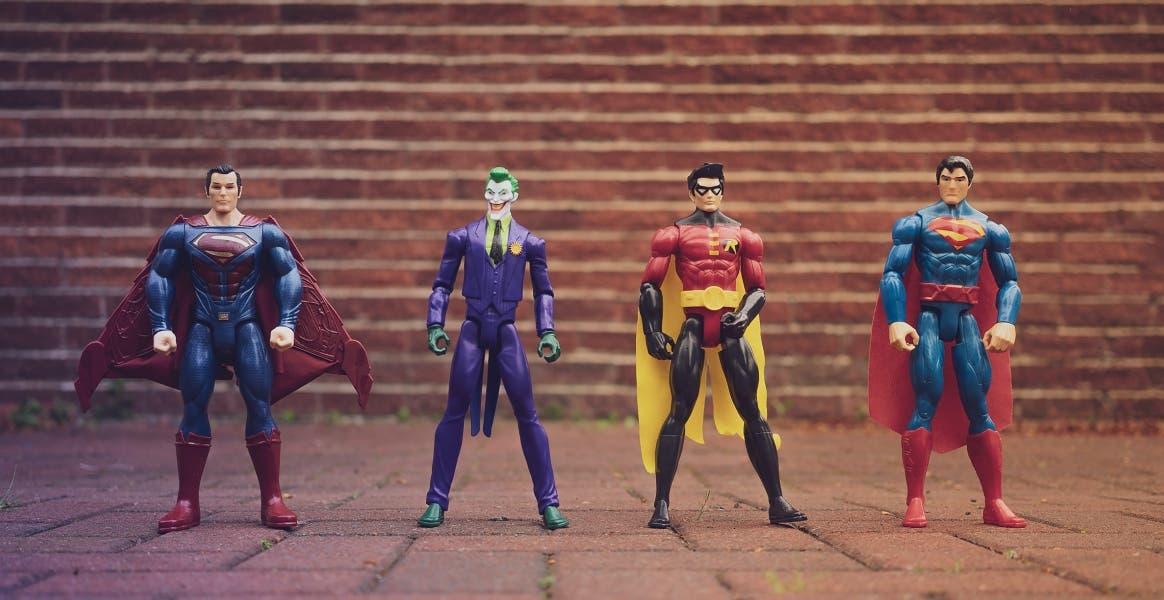
Fight against gender stereotypes: 78 % of French people believe that the media have a role to play
The latest study carried out by the Aufeminin media has looked into the new representations of masculinity.It turns out that despite the efforts to integrate more diverse profiles in the media, the French.are still not recognized.The definitions of what he.she.s "should be", especially for men, do not correspond to them in reality.Yet the French.they bring great importance to this representativeness.We take stock.
For all generations, the media are still too stereotypical
Une nouvshe étude réalisée par le média Aufeminin (Unify-Groupe TF1) avec la plateforme Toluna, questionne les nouvshes masculinités sur un échantillon de 1431 personnes.It shows that for 78 % of men and women between 18 and 74 years old, the media have a role to play in the fight against gender stereotypes.By media, we hear television, cinema and the press.71 % of these people say the same for advertising.
If the French.he attach importance to the way he.she.s are represented.e.s in the media landscape, it.she.s are 63 % to consider that there are still a large number of gender stereotypes.The muscular and insensitive man, the right look towards the future, or the young and sexy woman-object who looks at her feet while waiting for her to save her...According to the study, these received ideas leave many marks on the identity of the interviewed.e.s.
A man does not cry, does not ask for help, and is not feminist
The study sought to define the man today according to two criteria: how it is characterized and how it should be according to society.Results ?Half of the French confess that it is badly admitted to cry for a man.Just like not wanting to make love for 48 %of them, ask for help (42 %), or campaign for women's rights (41 %).For 67 % of them, it is still difficult for a man to have attributes considered "female".

I LIKED A @Youtube Video https: // t.CO/PTO8UCY0J9 How to build a 1: 400 SCALE MODEL AIRPORT |Hobby Grass |Episode 4
— Ole Schmidt Thu Oct 05 06:04:17 +0000 2017
Indeed, these "female" characteristics do not correspond to what a man should be in the eyes of society.For respondents, a man must be above all protective (40 %), courageous (40 %), strong (27 %) and ambitious (20 %).While they define themselves as calm (31 %), discreet (27 %), organized (27 %) and sensitive (25 %).In short, more than half 60 % of men under the age of 35 declare "not to recognize themselves in the definition of humans that the company conveys".
New roles for men
An overwhelming majority of French people (86 %) have the impression that identities are becoming more and more multiple.But the change of perception of man takes place mainly at the level of their role (in the family, the couple, at work, etc.).Indeed, 76 % of them think that in the future, there will be more and more home fathers, and 60 % that there will be no more gender trades.
Nevertheless, their predictions on genres remain rather binary (man or woman, nothing that comes from these two categories). Si 66 % ont déjà entendu parler du terme «non-binaire », seulement 43 % des hommes pensent que les représentations conventionnshes femme/homme n'existeront probablement plus.And only 37 % think they will make up one day. Seul un tiers (29 %) des sondés pensent le développement des nouvshes masculinités est une évolution nécessaire.
Towards the end of stereotypes in advertising?
In the case of advertising, a majority of men do not identify with those represented there.For those between 65 and 74 years old, 67 % are dissatisfied, and only 2 % to find themselves in these male ideals.The reason is that even today, advertisements sell their products with mostly young images of men, which correspond to an ideal of ultra-virile, and unrealistic beauty, and unrealistic.
But 59 % of interviewed.e.still consider themselves a possible evolution.According to these people, brands have represented men more faithfully in recent years. On peut penser à la marque Gilette et ses nouvshes représentations de la masculinité, beaucoup moins virile et stéréotypée.Since 2019 and after decades of clichés, some advertisements have highlighted gay men, and a transgender young man.However, we must remain vigilant.e not to find yourself in front of an action of "WOKE-WASHING".That is to say to see in the advertisements of representatives.e.s de mouvements sociaux, mais avec des marques qui ont comme unique but de générer des bénéfices pour shes-mêmes.
Quoi qu’il en soit, il est vrai que les médias se la jouent de plus en plus progressistes en matière d’identité de genre, par opportunisme, ou par engagement réshement militant.And for good reason: breaking gender stereotypes allows everyone.e to be able to feel identified.e and not rejected.e of the company.
And you have already felt.e.S invisible in the media landscape?Do you think it is important that all genres feel represented in the media?Share your impressions with our readers on our forums!







